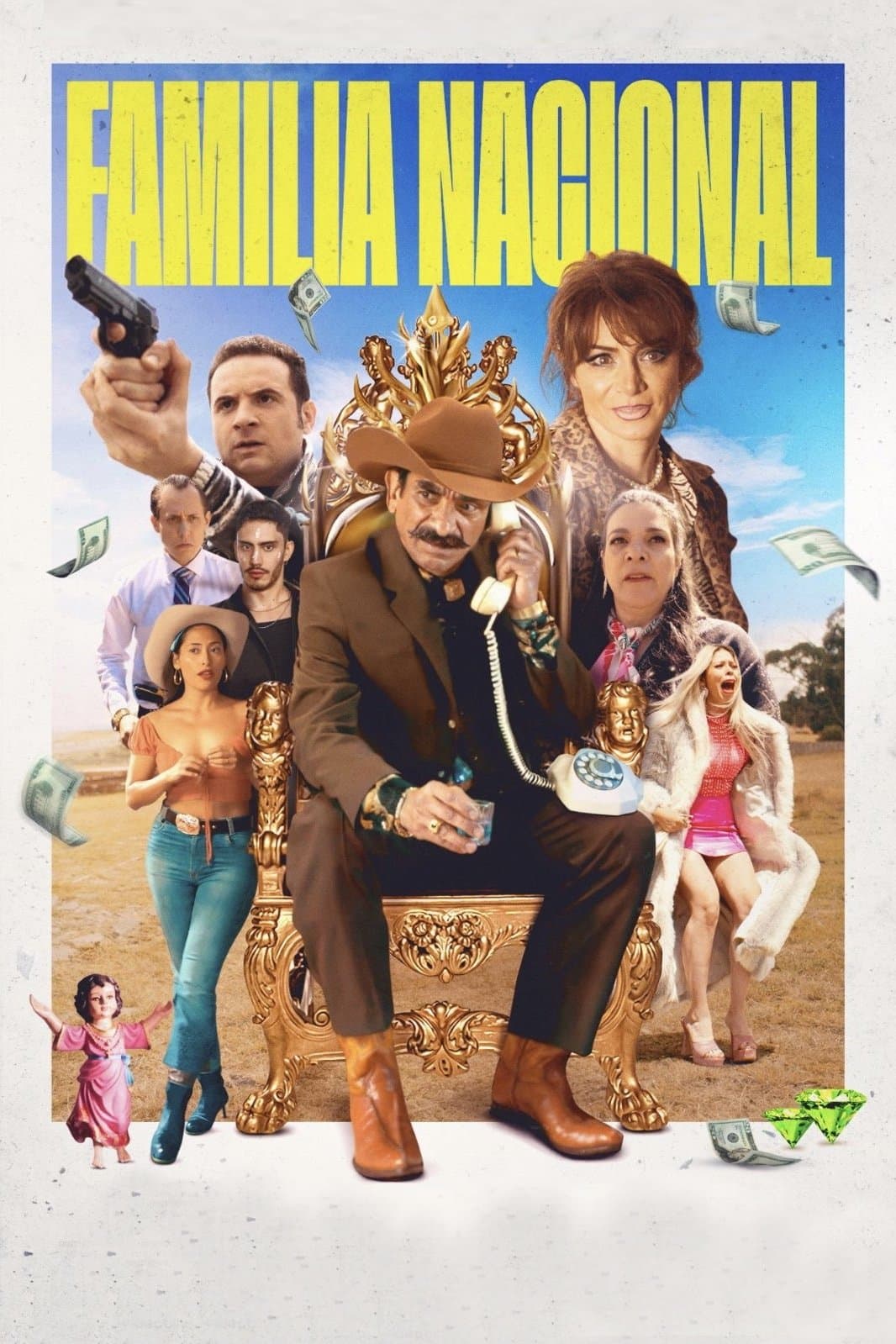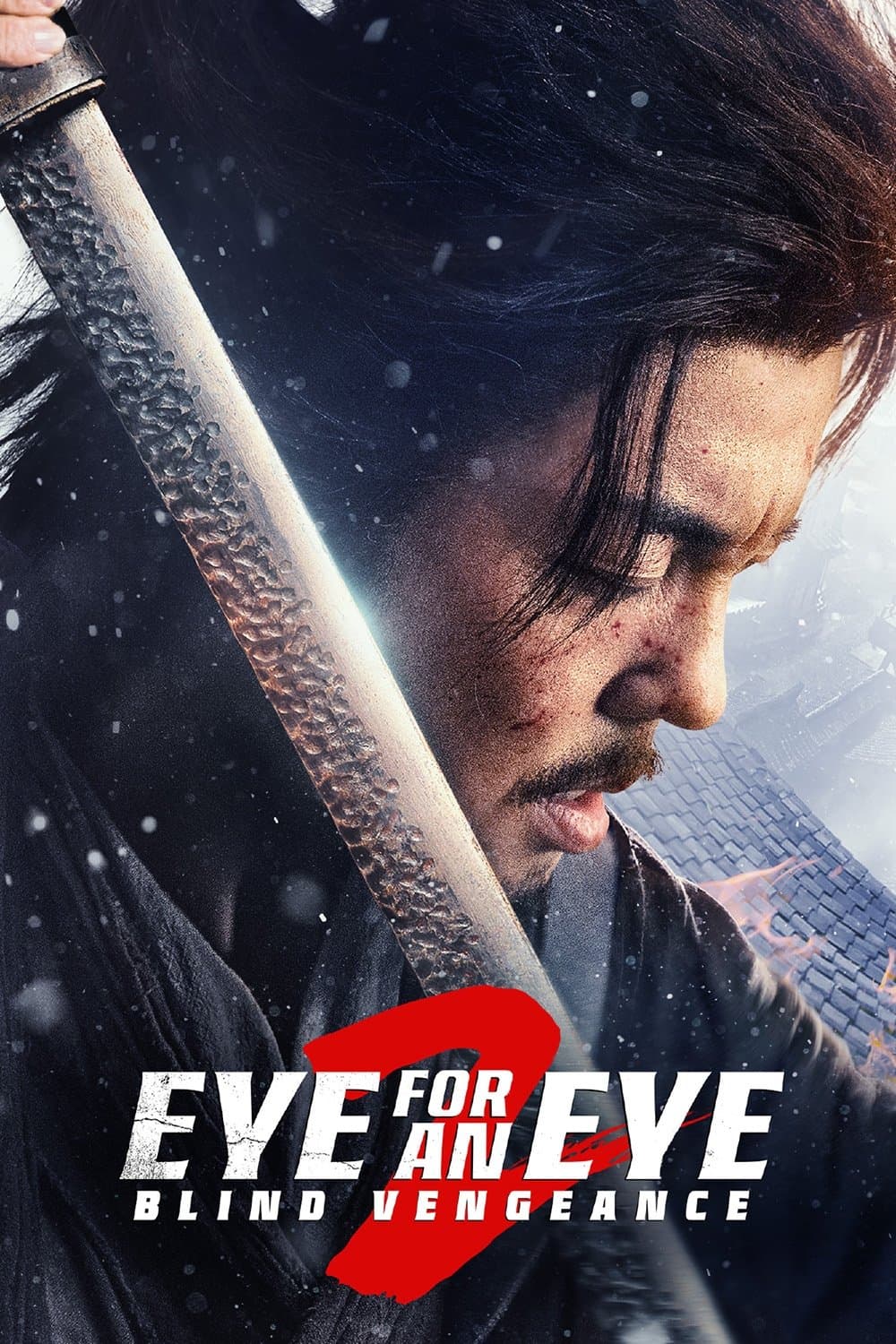
Restos
Aug 01 2010
•0h 10m
•An introspection and a poetic about who we wanted to be and who we have been, crossed with the reality of what we are and with the utopia of what we will be. A mosaic composed from the creative and aesthetic freedom of each of the filmmakers who participate in this setting.
Cast
See all
Esteban Lamothe

Analía Couceyro
Marta Dillon
Recommendations
See all
The Nobodies
Camilo, Mechas, Manu, Ana and Pipa are five friends going through that blended trance of intense unrest, astonishment, contained tenderness and manifested rage that is typical of the end of adolescence. They survive at the edges of a city, Medellin, that simultaneously attracts and excludes them, that lure them with promises but rejects them with hostility. Nevertheless, they want to embrace the city and fight against its logics of fear. Music, street art and friendship are their weapons of resistance, hoping for a rite of passage that could transform them into someone else.

National Family
Don Poli, the patriarch of a family embedded in politics, faces the change of party in his state - after a hundred years in power - losing all his privileges. Humiliated and angry, he threatens to disinherit his family and leave to rebuild his life. This forces his children (Kippy, Ramses and Belén) to take extreme measures to ensure their future, causing everything that could go wrong to turn out worse.

Eye for an Eye 2
The blind swordsman, skilled in martial arts, named Cheng Xiazi (Xie Miao), accidentally saves Zhang Xiaoyu (Yang Enyou), who has suffered from the destruction of his family. Under the persuasion of the orphan Xiaoyu, Cheng reluctantly keeps him by his side and teaches him skills. Xiaoyu also waits for the opportunity to seek revenge.

A
Roughly chronological, from 3/96 to 11/96, with a coda in spring of 1997: inside compounds of Aum Shinrikyo, a Buddhist sect led by Shoko Asahara. (Members confessed to a murderous sarin attack in the Tokyo subway in 1995.) We see what they eat, where they sleep, and how they respond to media scrutiny, on-going trials, the shrinking of their fortunes, and the criticism of society. Central focus is placed on Hiroshi Araki, a young man who finds himself elevated to chief spokesman for Aum after its leaders are arrested. Araki faces extreme hostility from the Japanese public, who find it hard to believe that most followers of the cult had no idea of the attacks and even harder to understand why these followers remain devoted to the religion, if not the violence.